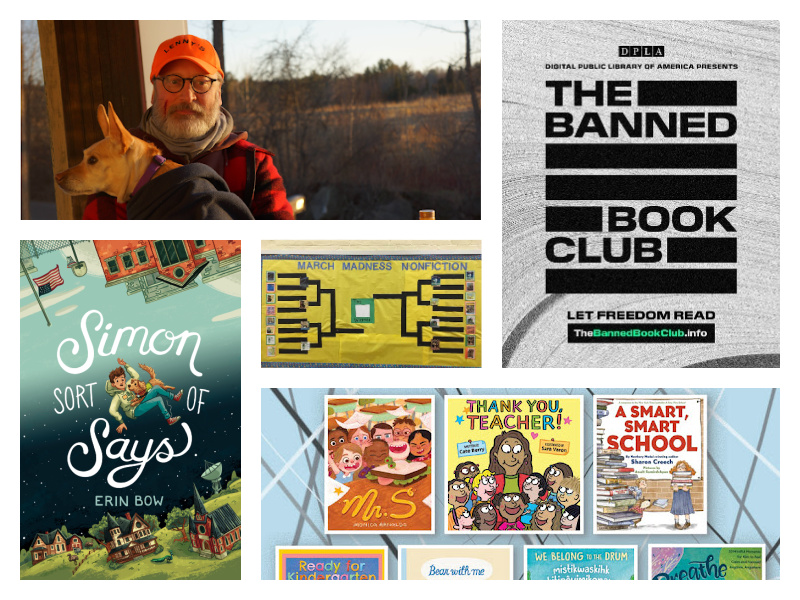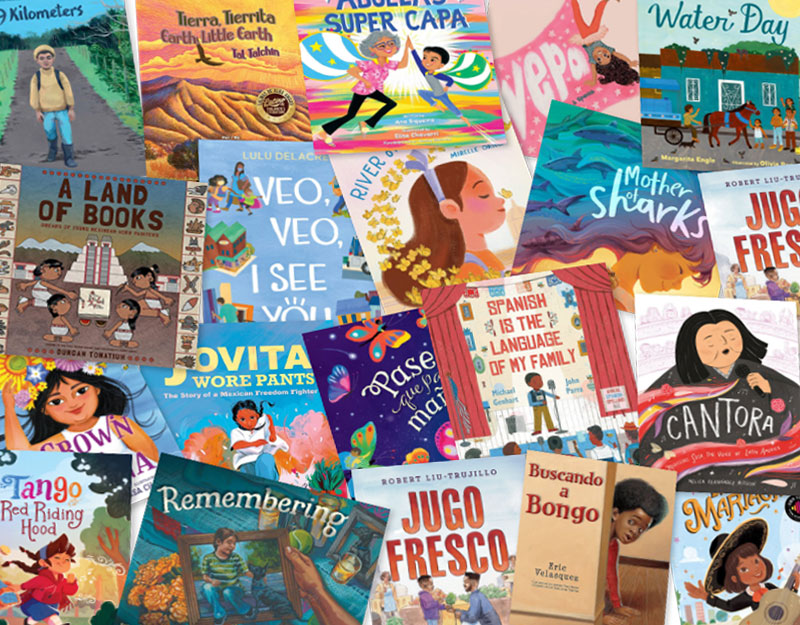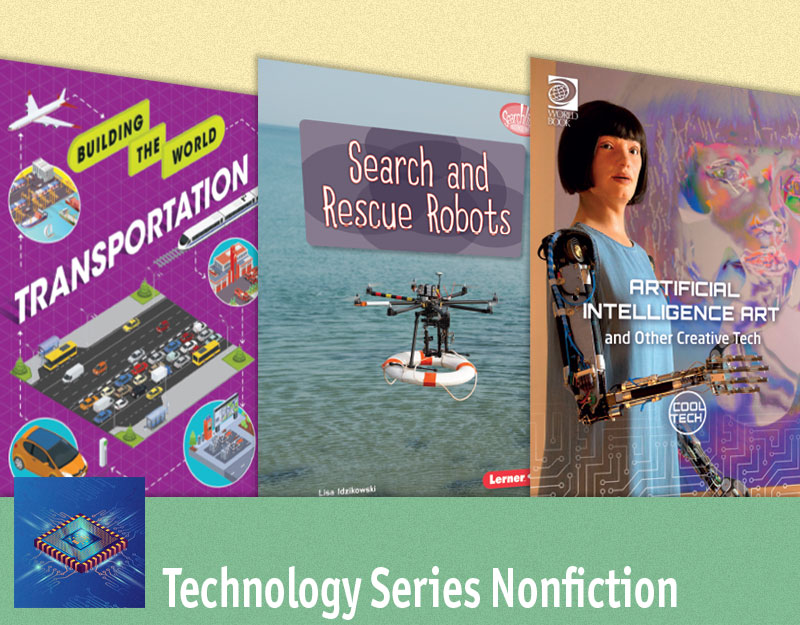The other Other: Smashing Identity Boxes, a guest post by Paula Chase
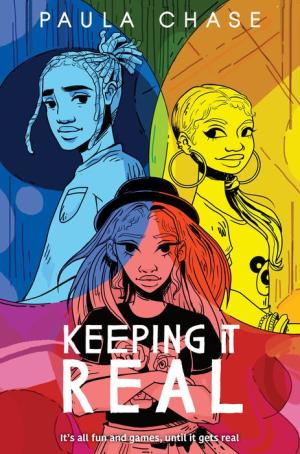
Kids lead secret lives outside of the eyes and ears of adults. Often those secrets seep out innocently when they’re engaging with one another. Some of my favorite memories of my two girls’ childhood revolve around moments where I was allowed a tiny peek into their world when they were with friends.
One day, while playing chauffer to my youngest and her best friend, their chatter filled the car. I don’t recall what they were talking about but, her friend casually mentions how one of her classmates was an Oreo. My neck snapped as I looked into the rearview, shocked at the ease that she made the statement.
ADVERTISEMENT
ADVERTISEMENT
If you don’t know the term, an Oreo (besides being a cookie) is person who is Black on the outside, White on the inside, mostly applied to Black kids who talk “too” proper or take up an activity that is usually enjoyed predominately by white people. It’s equivalent to saying that a Black person is “acting” white.
It’s silly and demeaning, erasing the very existence of a person based on stereotypes.
No matter how a Black person lives their life, they’re Black. As my friend, Dr. Ebony Elizabeth Thomas tweeted recently along the lines of this matter – If I’m doing it, it’s Black!
Amen.
By the time I was in the 4th grade I’d been teased, by my Black friends, for having white friends sleep over and called the N-word by a classmate. Essentially, I wasn’t Black enough but I absolutely was not white. Where does a kid go with these mixed messages?
Being forced to define or defend one’s Blackness is a residual of racism, especially insidious because it breaks Blackness into checkboxes. Checkboxes that are, ironically enough, defined mostly by whiteness.
It flip flops between defining Blackness in derogatory terms or generalizing it to a random hip vibe to attain.
If to be white is talking grammatically correct, then Blackness is talking incorrectly. Which explains why it’s taken so long for code switching, alternating between dialects, and AAVE (African American Vernacular English), a shared dialect among many Black people, to be respected as legitimate forms of linguistics.
If to be white is wearing certain clothes that are seen as mainstream and uninspired, then Blackness is edgy and cool. Which explains why the style and work of Black creatives in fashion are stolen over and over, only legitimized when a white designer appropriates it and eventually monetizes it.
The popularity of Designer Nareasha Willis’s Ghetto Until Proven Fashionable sweatshirt scratches the surface of appropriation with a turn of phrase that too often sums up the net result of Black contributions to society.
There was a dangerous precedent set in place with America’s founding that white is default, even if white culture itself is a patchwork of many other cultures. Within the precedent, Black children have been erased a thousand times over led to believe their very existence is either not enough or too much.
In Keeping it Real, the dynamics of class and culture flow beneath a story about Marigold Johnson, the child of moguls Manita and Marshall Johnson. Mari’s wealth (or rather her parents) has its privileges and burdens. The lifestyle her parents’ status affords her makes her a target for her peers from the neighborhood her family remains rooted in. She’s never called an Oreo, but the sentiment is the same.
Meanwhile, her white classmates assume the Johnson’s wealth was accumulated by illegal means. Even though it wasn’t, the school’s hierarchy still puts Mari among the “new” money – which comes with a stigma of its own. Her parent’s wealth is not enough to relieve her of her classmates’ assumptions of what being Black should mean.
The reader finds Mari at a crossroads, desperate to prove to her close friend and crush, Justice, that she’s “down” i.e. aligned with the same views he holds about being Black in a white space. But their experiences at school put them at odds. While Justice sees the summer trainee program, they’re both in, as an escape, Mari sees it as a chance to show him how real she is.
As Marigold takes her own journey of self, I’m reminded the strength teens need to remain true to themselves in spite of pressure to conform to one identity or another. Being [fill in the blank] enough becomes a game many play to remain a part of a circle or to find comfort. We all should be mindful of helping teens find a way to feel that they are enough, by ridding their world of boxes.
Meet the author
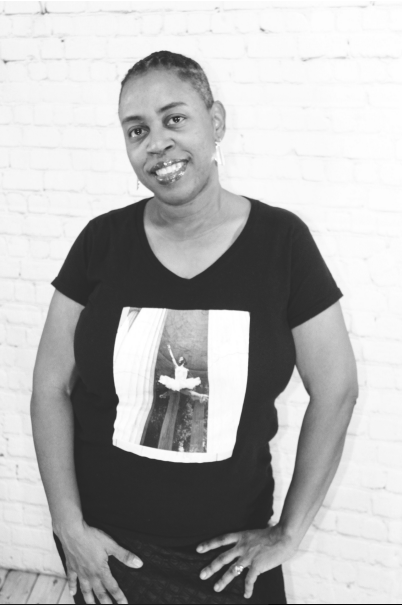
Co-founder of the award-winning blog, The Brown Bookshelf, Paula Chase is a longtime Inclusion Jedi and advocate for diversifying the type of fiction featuring Black characters that’s highlighted among educators, librarians and parents. She’s presented and blogged about the need to expand the focus beyond children’s literature that centers the pain of the Black experience.
Chase is the author of nine children’s books. So Done (Greenwillow/HarperCollins), her critically acclaimed middle grade debut, was named a 2018 Kirkus Reviews Best Book. So Done and its companions, Dough Boys and Turning Point are blazing the trail for books that tackle tough and sometimes taboo topics for younger readers. You can visit her at paulachasehyman.com
About Keeping It Real
Marigold Johnson is looking forward to a future full of family, friends, and fashion—but what will she do when it all explodes in her face? When she discovers that her entire life is a lie?
ADVERTISEMENT
ADVERTISEMENT
Paula Chase, the author of So Done, Dough Boys, and Turning Point, explores betrayal, conformity, and forgiveness—and what it means to be family—in this stand-alone novel perfect for fans of Jason Reynolds, Rebecca Stead, and Renée Watson.
Marigold Johnson can’t wait to attend a special program at her family’s business, Flexx Unlimited, for teens who love fashion. But Mari quickly realizes that she’s out of place compared to the three other trainees—and one girl, Kara, seems to hate her on sight.
As tension builds and the stakes at the program get higher, Mari uncovers exactly why Kara’s been so spiteful. She also discovers some hard truths about herself and her family.
Paula Chase explores complex themes centering on friendships, family, and what it means to conform to fit in. Keeping It Real is also a powerful exploration of what happens when parents pick and choose what they shield their children from. Timely and memorable, Paula Chase’s character-driven story touches on creativity, art, fashion, and music. A great choice for the upper middle grade audience.
ISBN-13: 9780062965691
Publisher: HarperCollins Publishers
Publication date: 10/19/2021
Age Range: 8 – 12 Years
Filed under: Uncategorized
About Amanda MacGregor
Amanda MacGregor works in an elementary library, loves dogs, and can be found on Twitter @CiteSomething.
ADVERTISEMENT
ADVERTISEMENT
SLJ Blog Network
One Star Review, Guess Who? (#202)
This Q&A is Going Exactly As Planned: A Talk with Tao Nyeu About Her Latest Book
More Geronimo Stilton Graphic Novels Coming from Papercutz | News
Parsing Religion in Public Schools
ADVERTISEMENT





